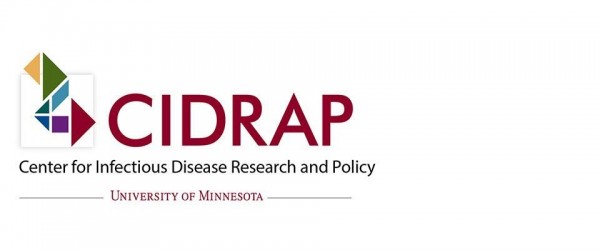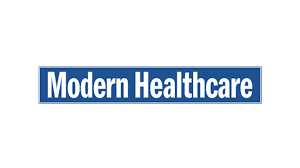 Safety/Quality
Safety/Quality
Standards strengthen sterilization, disinfection process chains

Preventing infection from contaminated surgical tools requires attention to every link in a complex chain of processes, from point-of-use pretreatment in the OR to the moment the freshly disinfected or sterilized item arrives at the next patient’s bedside. For those on the front lines, manufacturers’ written instructions for use (IFUs)…
Post-pandemic surge in excess US deaths exposes public health decline

Editor's Note The United States recorded more than 1.5 million excess deaths in 2022 and 2023 alone—avoidable fatalities that would not have occurred if US death rates matched those of other wealthy nations, according to a May 23 article in CIDRAP reporting on a Boston University–led study published in JAMA…
Study: Copeptin levels signal perioperative stress in cardiac surgery with CPB

Editor's Note Copeptin levels surge during cardiopulmonary bypass (CPB), marking it as a potential biomarker for physiological stress in cardiac surgery, according to a May 13 article in Medical Dialogues. The article details a prospective cohort study, published in the Journal of Cardiothoracic and Vascular Anesthesia, involving 61 adult patients…
Oncology hospital boosts efficiency with real-time 4-hour staffing tool

Editor's Note An adult oncology specialty hospital has significantly improved staffing precision and fiscal accountability by replacing traditional 12-hour staffing assessments with a dynamic 4-hour model, according to a May 16 article in Oncology Nurse Advisor. The tool allows nurse leaders to match resources to fluctuating patient needs in near…
Injectable hydrogel uses visible light to regenerate bone, boost adhesion without grafts

Editor's Note Researchers at Pohang University of Science & Technology (POSTECH) have pioneered a hydrogel that regenerates bone and adheres to tissue using only visible light—eliminating the need for traditional bone grafts or adhesives. As detailed in a December 2024 article from ScienceDaily, this injectable hydrogel offers a breakthrough solution…
Five strategic paths help GI practice owners navigate rising costs, consolidation

Editor's Note Independent gastroenterology (GI) practices face mounting pressures from inflation, labor shortages, and regulatory burden, but five distinct strategies offer owners a path forward, Gastroenterology & Endoscopy News May 23 reports. As detailed in the article, GI practices—especially smaller ones, which make up the majority of the approximately 2,100…
AR headsets are reshaping OR operations with lower costs, higher precision

Editor's Note Surgeons across top US health systems are swapping traditional monitors and even robotic systems for augmented reality (AR) headsets, which are streamlining procedures, enhancing precision, and slashing costs, Modern Healthcare May 27 reports. As detailed in the article, AR headsets are rapidly emerging as valuable surgical tools. From…
AI startup aims to turn surgical wisdom into scalable surgical team guidance

Editor's Note German health technology startup Medical Decision Alliance (MDA) has raised €3.3 million in seed funding to teach AI systems to think like top surgeons, leveraging human-like clinical intuition to guide OR teams. Tech Funding News reported the development May 22. As detailed in the article, which is focused…
Study: Robotic-assisted cholecystectomy raises complication risk in acute care despite similar injury rates

Editor's Note Recent research shows robotic-assisted cholecystectomy (RAC) results in similar bile duct injury rates as laparoscopic cholecystectomy (LC), but risks are higher for postoperative complications, longer hospital stays, and more frequent drain use. Published May 21 in JAMA Surgery, the large-scale cohort study analyzed outcomes from over 844,000 acute…
Federal agencies urge organizations to fortify AI data security across system lifecycles

Editor's Note AI systems are only as secure and reliable as the data that powers them. That’s the central message of a guidance sheet jointly issued May 22 by the NSA, CISA, FBI, and cybersecurity agencies from Australia, New Zealand, and the UK. The document outlines best practices for securing…

 Free Daily News
Free Daily News